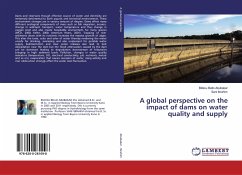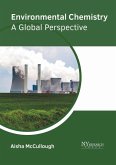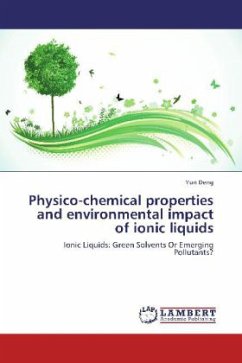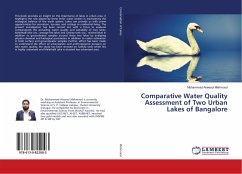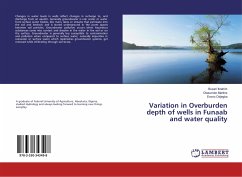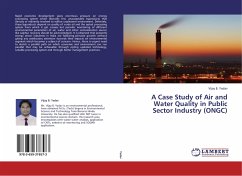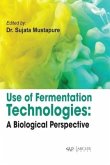Dams and reservoirs though effective source of water and electricity are immensely detrimental to both aquatic and terrestrial environments. These environment changes are in various amount of degree. Dams affect many different ecological components of rivers such as fish migration, erosion, change in sediment transport, water temperature and thus change in oxygen level and also create hospitable environment for many species (WCD, 2000; Keller, 2000; American Rivers, 2001). Trapping of river sediments alone with its nutrients increases the massive growth of algae. This alter the taste, color and odor of water thereby rendering the water unsafe for drinking, swimming and also unpleasant for potable water supply. Sedimentation and clear water releases also lead to bed degradation near the dam but the flood attenuation caused by the dam can be dominant leading to degradation downstream of tributaries bringing in high sediment loads. Pollution, changes in water quality indicators (temperature, DO, electrical conductivity, pH, nutrients, metals and so on), evaporation that causes recession of water, rising salinity and river obstruction strongly affect the water level fluctuation.
Bitte wählen Sie Ihr Anliegen aus.
Rechnungen
Retourenschein anfordern
Bestellstatus
Storno

